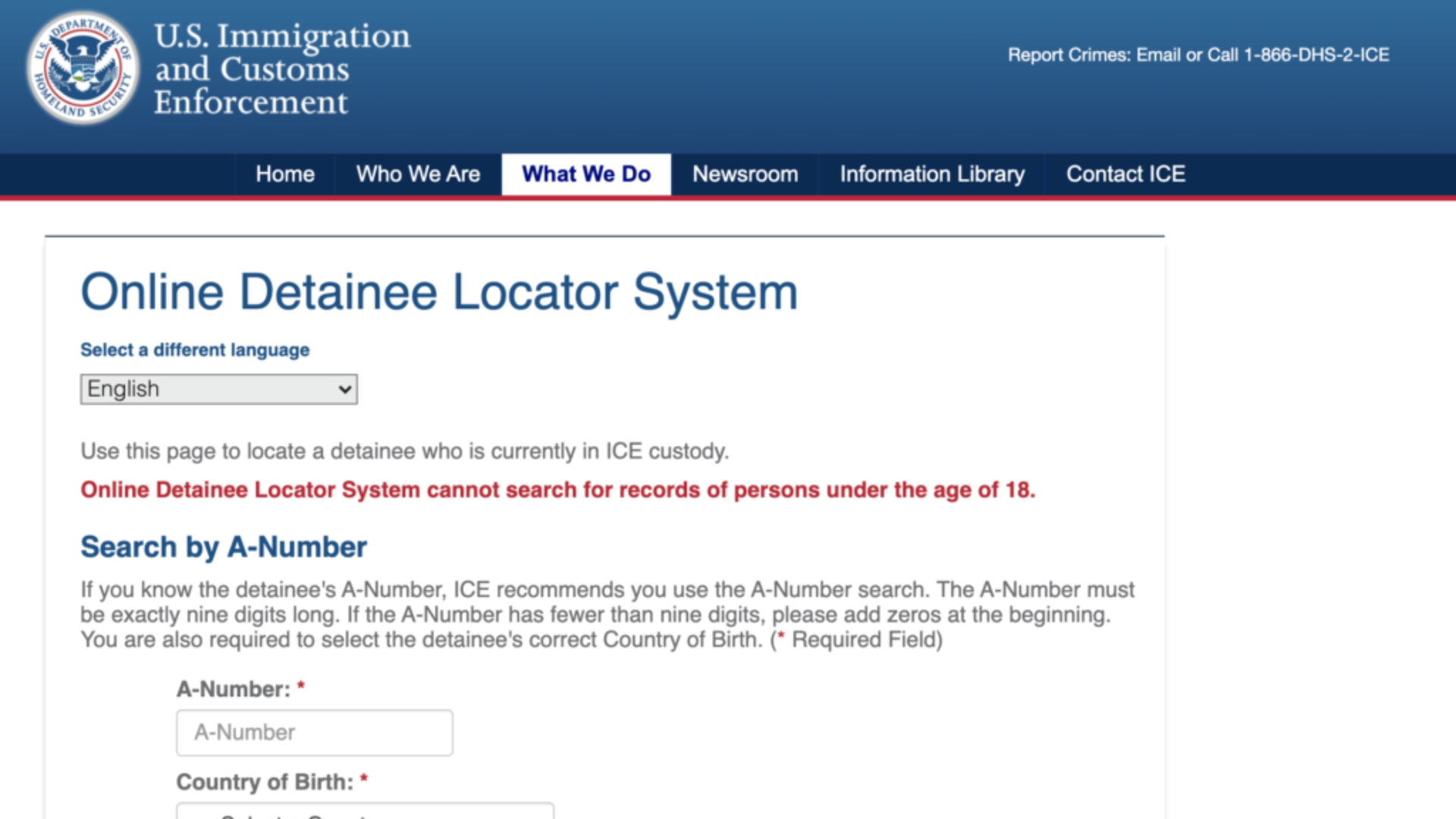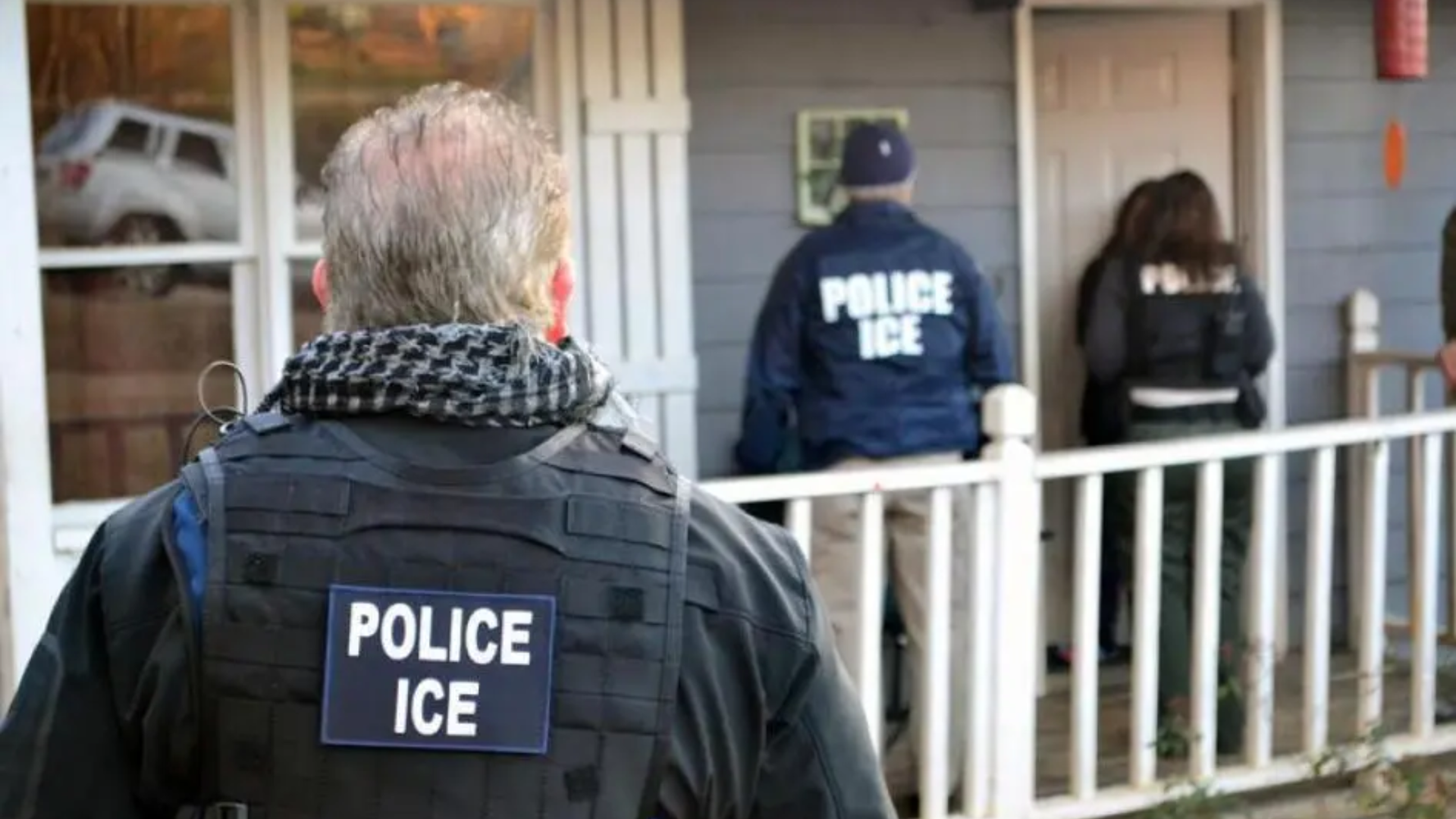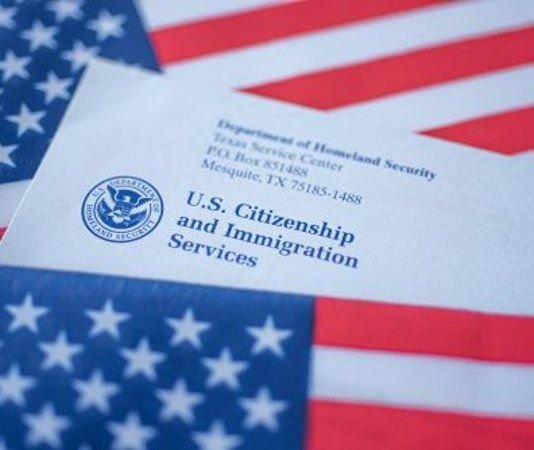What to Do When You Witness an ICE Detention
Immigration enforcement can happen anywhere — on the street, outside a workplace, even at someone’s home. Witnessing an ICE detention can be confusing and emotional, especially if you want to help but aren’t sure what’s safe or legal to do.
At Johnson & Masumi, P.C., we believe knowledge is one of the most powerful tools our community can have. Here’s what to do — and what not to do — if you ever find yourself in that situation.
1. Stay Calm and Assess the Scene
Your first instinct might be to rush in or start recording immediately. But before taking any action, take a breath.
Observe what’s happening:
- Who is being detained?
- How many officers are there?
- Is anyone being asked questions or searched?
Remaining calm helps you think clearly — and ensures your presence doesn’t escalate the situation.
2. Know Your Rights (and Theirs)
Everyone in the U.S. — regardless of immigration status — has certain constitutional rights. You can observe and record in public spaces, as long as you don’t interfere with officers. You have the right to:
- Record ICE agents in public areas
- Ask for officers’ names and badge numbers
- Stay silent if questioned yourself
If ICE is entering a home, remember: they need a signed warrant from a judge — not just an ICE form. Unless they show that judicial warrant, no one is required to open the door.
3. Record Responsibly
Recording can be one of the most powerful ways to protect someone’s rights — but do it safely.
- Keep a reasonable distance so officers can’t accuse you of interference.
- Film badges, license plates, and actions, not faces of bystanders or children.
- If possible, upload or back up videos immediately so they can’t be lost or deleted.
Never physically block officers or touch them; that could lead to arrest, even if your intentions are good.
4. Support Without Interfering
Your presence alone can make a difference. Stay nearby so the person being detained knows they’re not alone.
You can:
- Take notes about what happened (time, location, names, and vehicle details)
- Tell family members or friends of the detained person where they’re being taken (if you know) Contact local immigrant support hotlines or legal organizations for immediate help
Avoid arguing or yelling at officers — it can make things worse for the detained person. Your calmness is protection.
5. After the Detention
If you know the person detained, try to gather basic information that can help their attorney or loved ones locate them:
- Full name and date of birth
- Country of origin
- The location where ICE took them
You can check ICE’s online detainee locator or reach out to a trusted immigration attorney as soon as possible. Time matters — the earlier legal help is contacted, the better the chances of protecting their rights.
6. Protect Yourself Too
If ICE agents question you, you don’t have to answer about your immigration status or anyone else’s. You can say:
“I choose to remain silent. I don’t consent to searches.”
Then walk away calmly if you’re not being detained. Never lie or show false documents — silence is always safer than misinformation.
Witnessing an ICE detention can be deeply unsettling. But staying informed and calm allows you to play a crucial role in ensuring rights are respected and that no one disappears without accountability.
If you or someone you know has been detained by ICE, don’t wait to get legal help. At Johnson & Masumi, P.C., we stand with immigrant communities every day — offering guidance, protection, and hope when it’s needed most.
Contact us today at (703) 506-1400 to understand your options and take the next step toward safety and stability.















